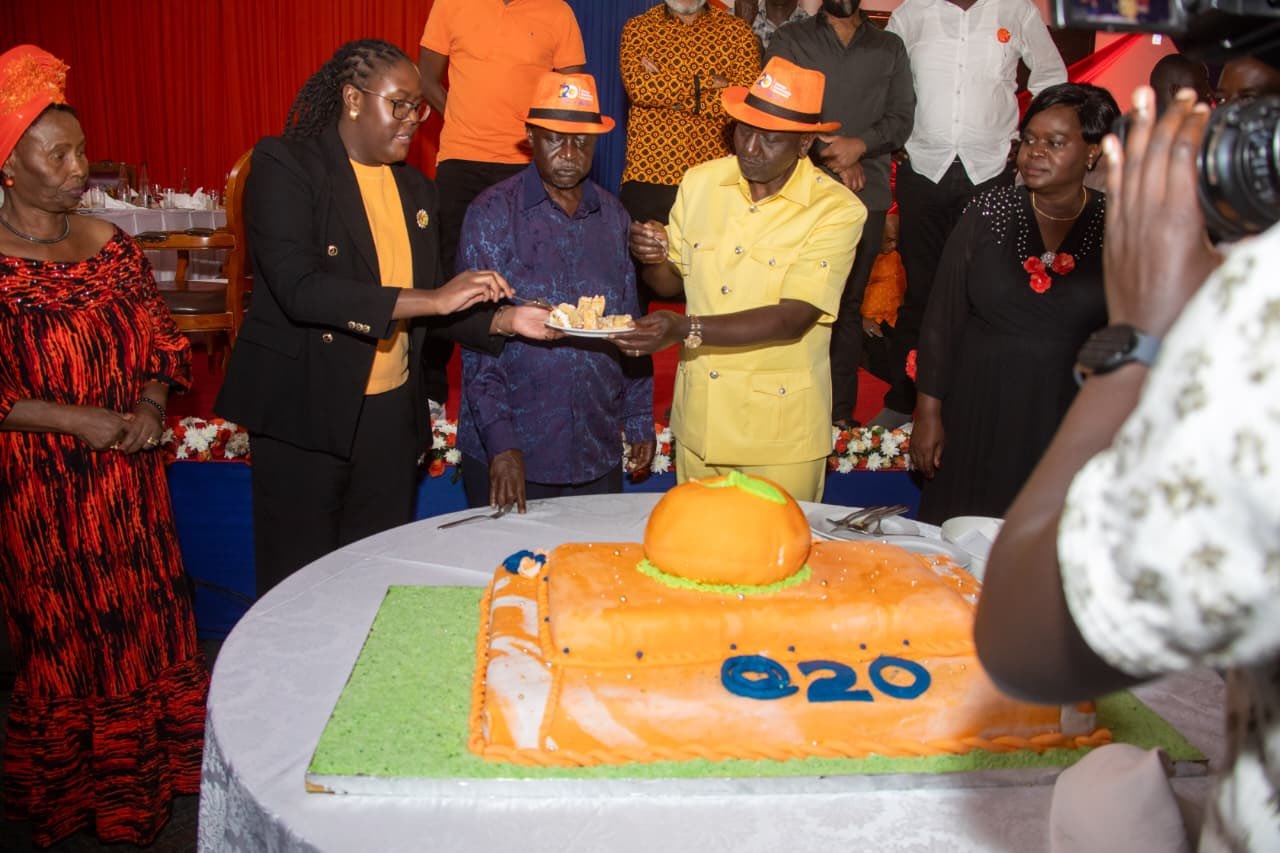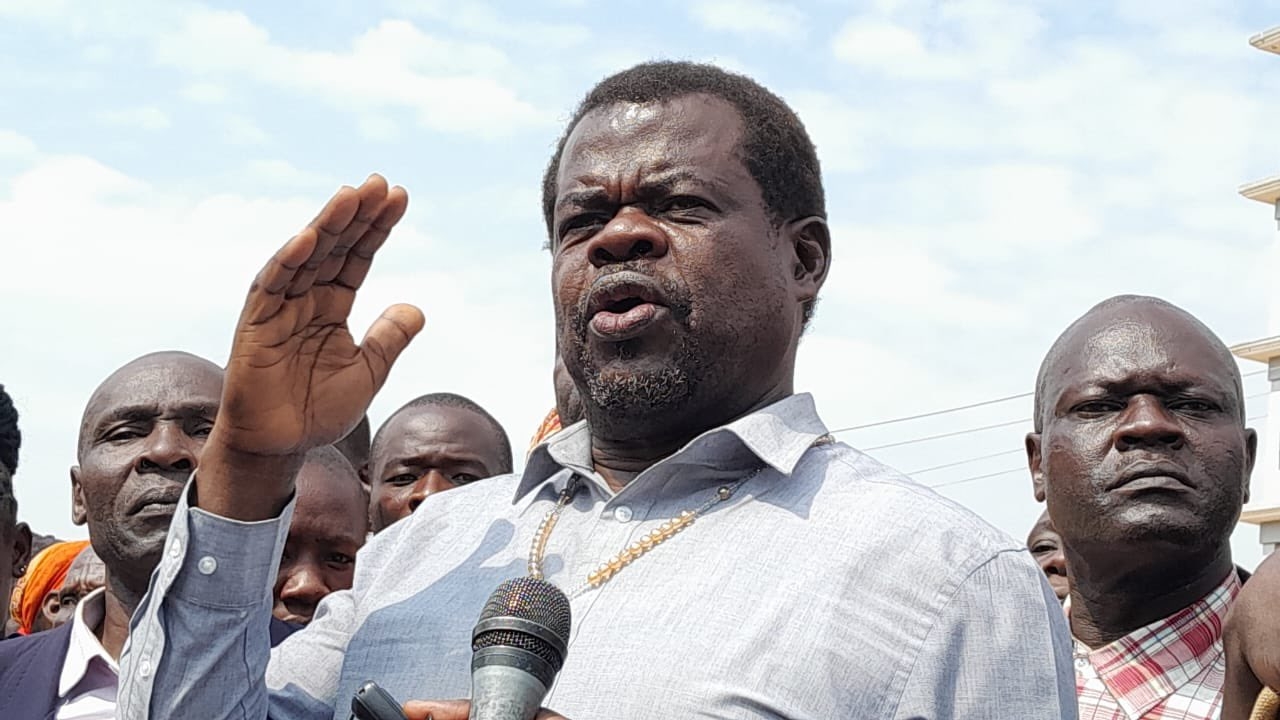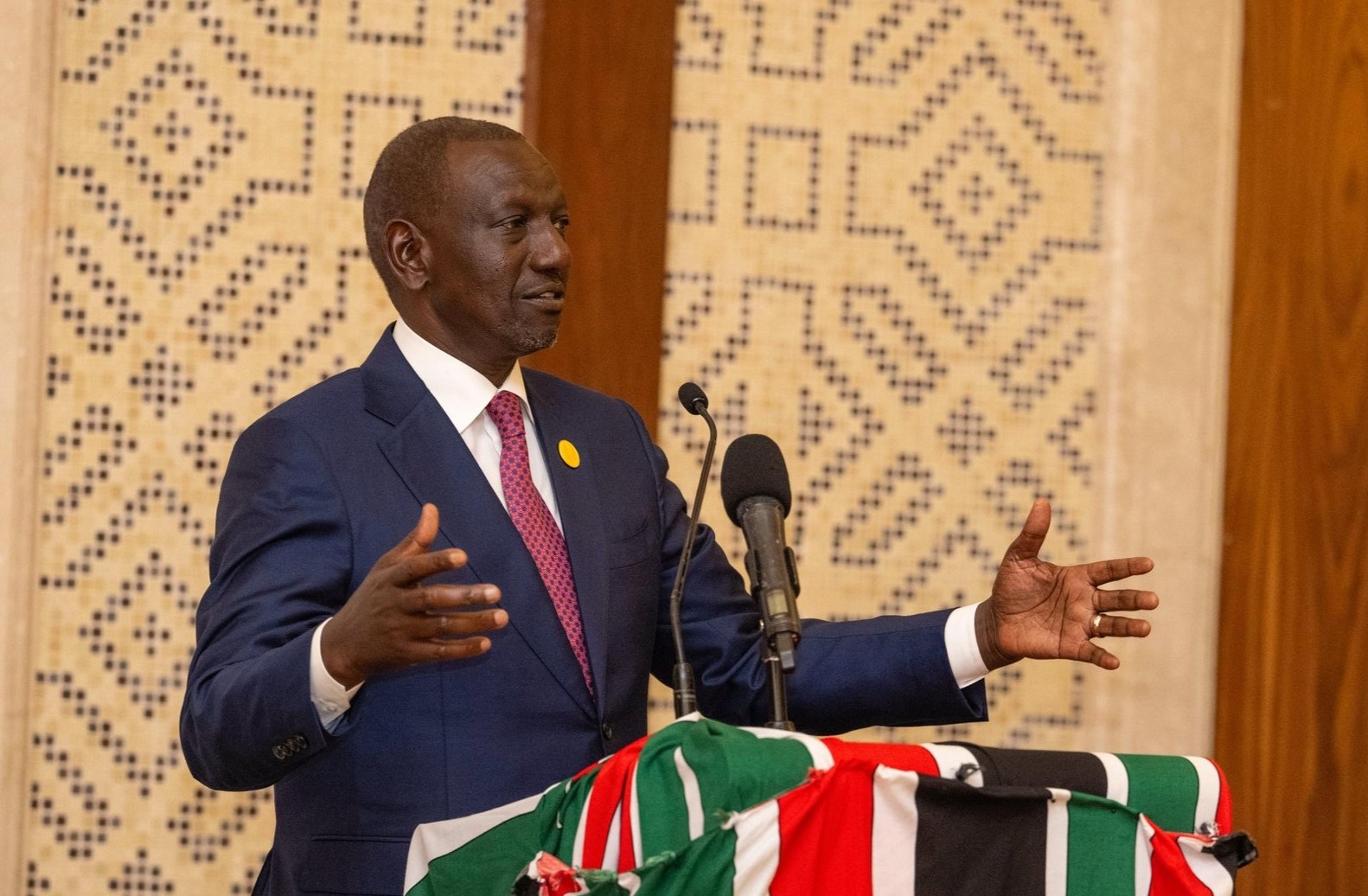Stakeholders in Garissa have raised concern over the low uptake of the Human Papillomavirus vaccine in the county.
Almost all women are at risk of cervical cancer, because the HPV, which causes cervical cancer, is very common. In 2020, over 5,000 cases were reported with 3,000 deaths.
As the numbers increased, the government in 2021 launched the HPV vaccine which is offered at all health facilities countrywide to girls between the ages of 10 and 14 years.
However, the uptake of the vaccine has remained low.
Interviews with stakeholders revealed some factors which have been attributed to the low uptake.
Parental fears on the safety of the vaccine; personal, cultural and religious reasons; and misinformation and disinformation have contributed to the low acceptance level.
Nurta Mohamed, Garissa non communicable diseases coordinator disclosed that from January to May, only 124 girls have been vaccinated for the first dose, and 132 for the second.
Continuous mobilisation and sensitisation, including through radio stations, has brought little improvement.
“As I am talking to you the number of girls who have taken the vaccine are not locals but Kenyans from other parts of the country. So I still feel there is a gap and we need to do much advocacy and sensitisation through our religious and community leaders, our partners and all the gatekeepers to spearhead this process so that HPV vaccine intake can be improved,” she said.
In 2012, the Catholic Church raised alarm over the vaccine, which they said was not only unsafe, but had issues related to infertility.
Mohamed claimed this contributed to the low level of acceptance among locals, who then failed to take their girls for vaccination.
"You could hear people come up with allegations like saying this injection would prevent their young girls from getting children. That it would lead to infertility,” she said.
Lack of partners to support the HPV vaccination campaign has also impacted negatively on the exercise, she said, and called for NGOs and good Samaritans to help in creating awareness so as to improve the uptake.
"As the coordinator and a healthcare worker speaking for my colleagues, I must say that say we don’t have partners supporting us in any activity regarding HPV vaccination or any other cancer activity. We really need them on board. This I am sure will do wonders to the programme,”she said.
Sheikh Omar Abdisitar, a member of the Council of Imams and preachers of Kenya-Garissa chapter, blamed the low acceptance levels on lack of awareness about the vaccine.
Authorities need to carry out adequate sensitisation campaigns, Abdisitar said, adding that this should not only be left to the government and the Ministry of Health.
“We all have a role to play in not only creating awareness but changing the negative perception about the vaccine as well. Religious leaders, the local administration, the media and opinion leaders,” he said.
Brenda Ndeta, a resident and Community Health Volunteer at the Police line dispensary, said since the vaccine's introduction three years ago, there has been very low uptake.
Most of those who have taken their daughters for the vaccine were from other parts of the country.
“We were like mobilisers to try and pass the message for parents to take their children to health facilities to be vaccinated.
"Unfortunately, the response has remained negative, largely because of the negative message that had been passed out there,” she said.
Ndeta said she decided to lead by example by taking her daughter, who was 11-year-old at the time, for vaccination, while speaking out against the lies told in relation to the vaccine's effects.
Some residents said the government and MoH had not done enough to help people understand the importance of taking their daughters for the vaccine.
Among them was Noor Abdullahi, who said the government should run more campaigns, as lack of awareness was responsible for the resistance being experienced.
“I blame the Ministry of Health for the low uptake of HPV vaccine in Garissa and this region at large. Surely how do you just wake up one day and tell us to take our daughters for the vaccine without conducting enough sensitisation through local barazas and FM stations to demystify the many myths and misconceptions that we had been told about the vaccine?”
While the government means well by availing the vaccine, he said, proper sensitisation should be done, otherwise the uptake will remain low.












